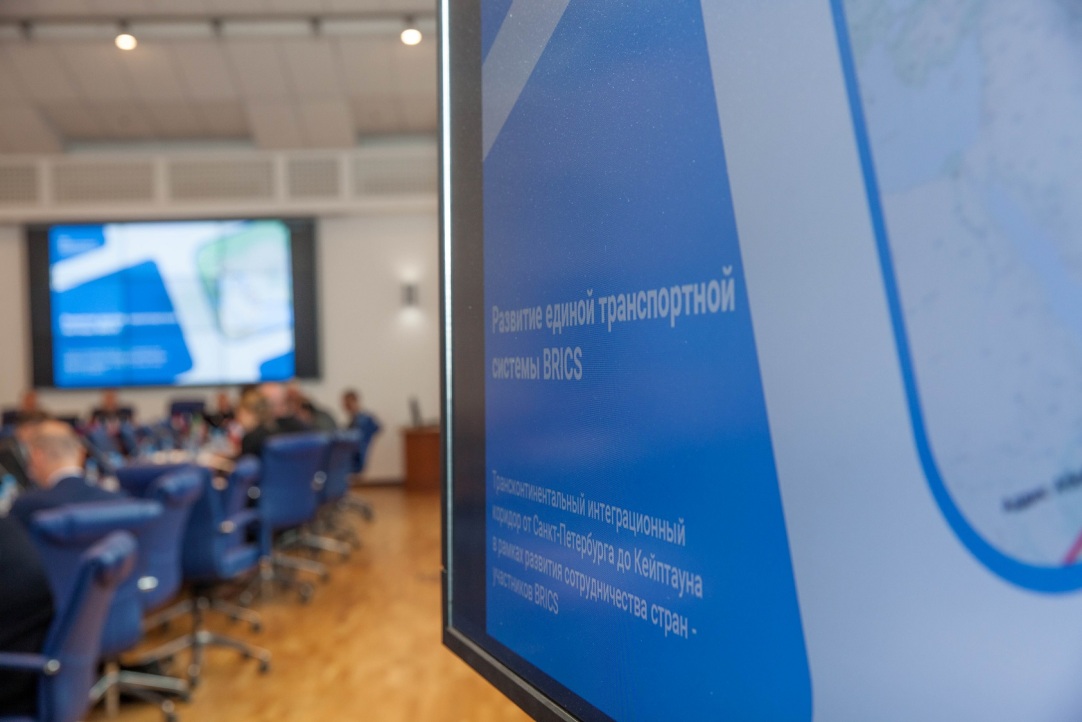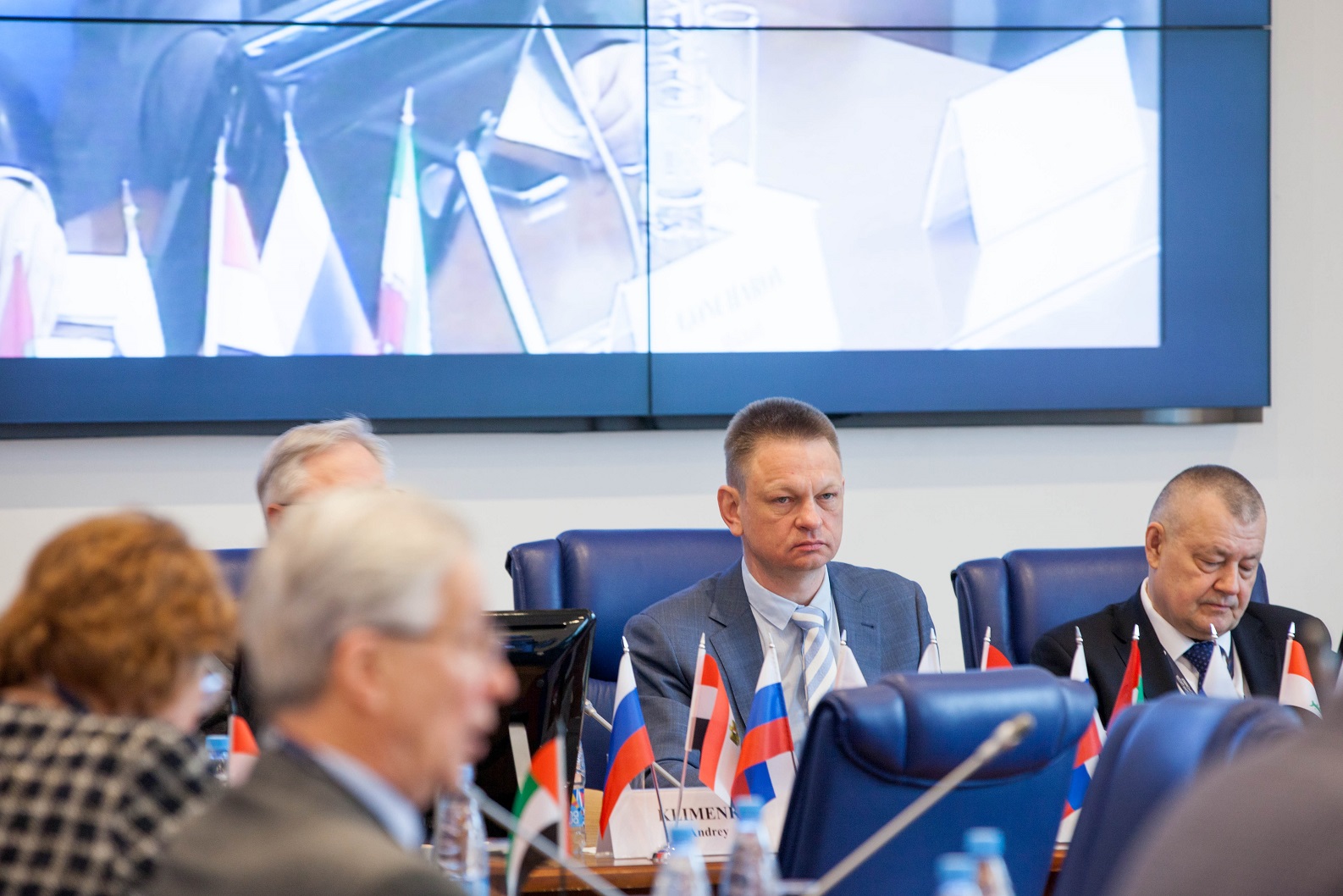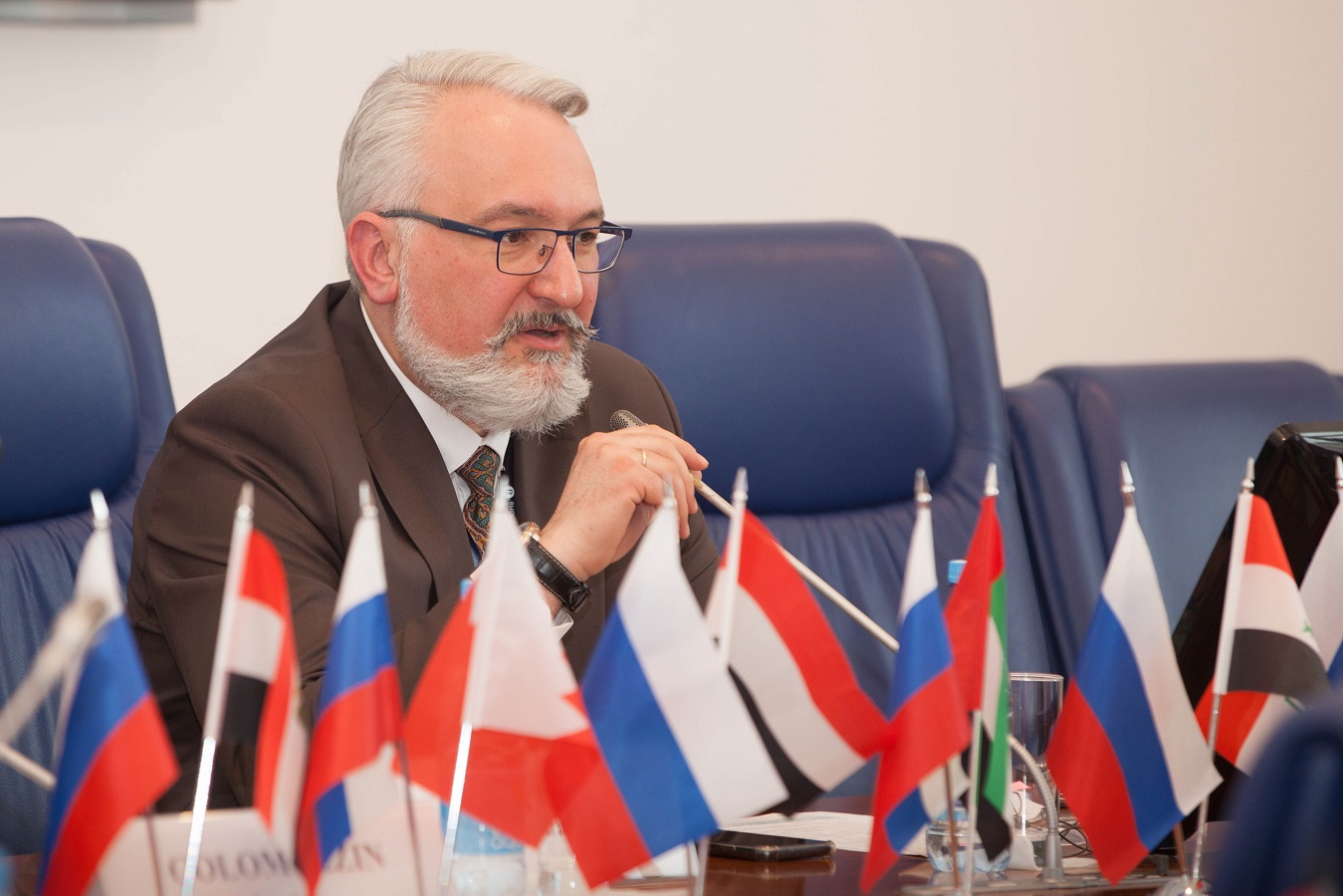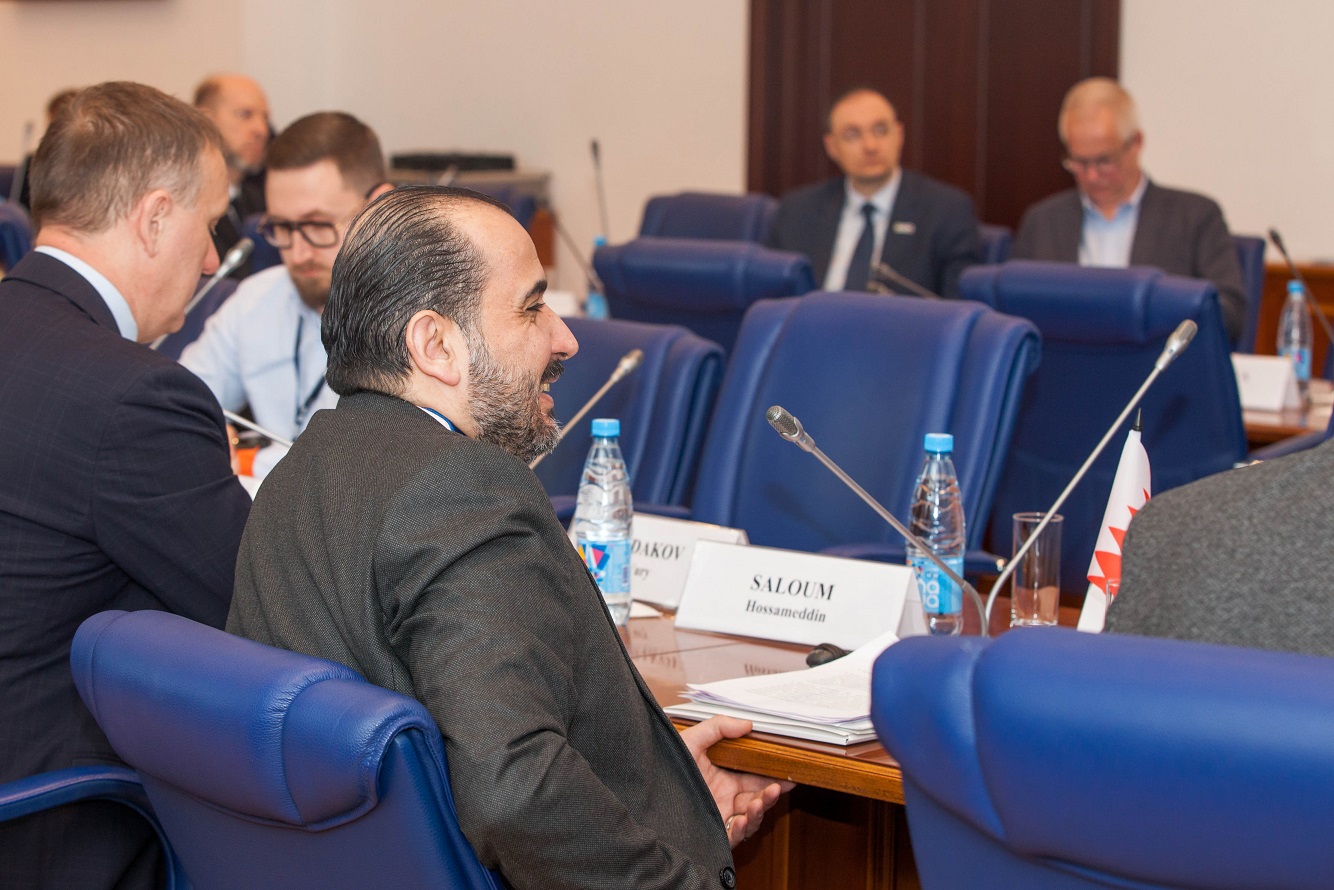Integration Processes in International Trade Discussed during Conference at HSE University

Under decoupling conditions, Russia has become the ‘centre of gravity’ for the Eurasian integration process and has the potential to play a unifying role in the emerging multipolar world. These were the main points discussed by participants and guests at the International Scientific and Practical Conference ‘Dimensions of Eurasian Integration: Transport and Logistics, Energy, and Food Security’ held by the HSE University Institute for Public Administration and Governance (IPAG).
The conference brought together industry experts and representatives of the diplomatic corps of Eastern Arab countries. The participating organisations included Russian Railways, Rosselkhozbank, Renaissance Insurance, RusHydro, Sber, the Ministry of Heritage and Tourism of the Sultanate of Oman, the Chamber of Commerce and Industry of Russia, the Eurasian Economic Commission, and the International Research Institute for Management Problems.
Andrey Zhulin, Director of IPAG, emphasised the importance of listening to and hearing professionals in the field of public administration and public–private partnerships today. ‘This will allow us to analyse successful practices in the field of integration processes during a time of fundamental changes in international trade and logistics,’ he added.

The conference was purposefully held at HSE University. According to the director of IPAG, over the past 30 years, HSE University has proven its significance to the national economy and has become a focal point for integration and management vision.
Russia is attracting the attention of politicians and market actors with increasing intensity, said Marat Zembatov, Director of the Centre of Interdisciplinary Research at IPAG, member of the Russian–Omani Business Council at the Chamber of Commerce and Industry of the Russian Federation. ‘Our country has a one-of-a-kind unifying role to play as a lynchpin in Eurasia, a civilisation-state with its own economic and cultural approach, and the hub of transport and logistics in the Eurasian economic space,’ the expert said.

He reminded the attendees that earlier in Moscow, Russian President Vladimir Putin met with Emir of Qatar Sheikh Tamim bin Hamad Al Thani and Iranian Foreign Minister Abbas Araghchi. A free trade agreement between the Eurasian Economic Union and Iran will come into force in the coming days, and Russia's Comprehensive Strategic Partnership Treaty with the country has already been ratified. As such, Moscow is becoming the centre of gravity for integration processes and the formation of new integration meanings.
During the panel discussion, Ambassador Extraordinary and Plenipotentiary of the Republic of Yemen Ahmed Salem Al-Wahishi congratulated the audience on the upcoming 80th anniversary of the victory in World War II and noted Russia's reliably constructive role in strengthening stability and ensuring food security in the Global South and Global East.

According to the ambassador, the use of modern transportation and logistics, as well as digital technologies, to ensure the growth of foreign trade in the Arab East and North and East Africa has become a key factor in Russia's success in organising the use of international transportation corridors.

Saloum Hossam Eddin, Counsellor at the Embassy of the Kingdom of Bahrain in Russia, delivered a welcoming speech on behalf of Ambassador Ahmed Abdulrahman Al Saati. He said that friendly relations between Russia and countries in the Arab East will receive additional impetus this year, as the Kingdom of Bahrain will be the guest of honour at the St Petersburg International Economic Forum in June 2025.

